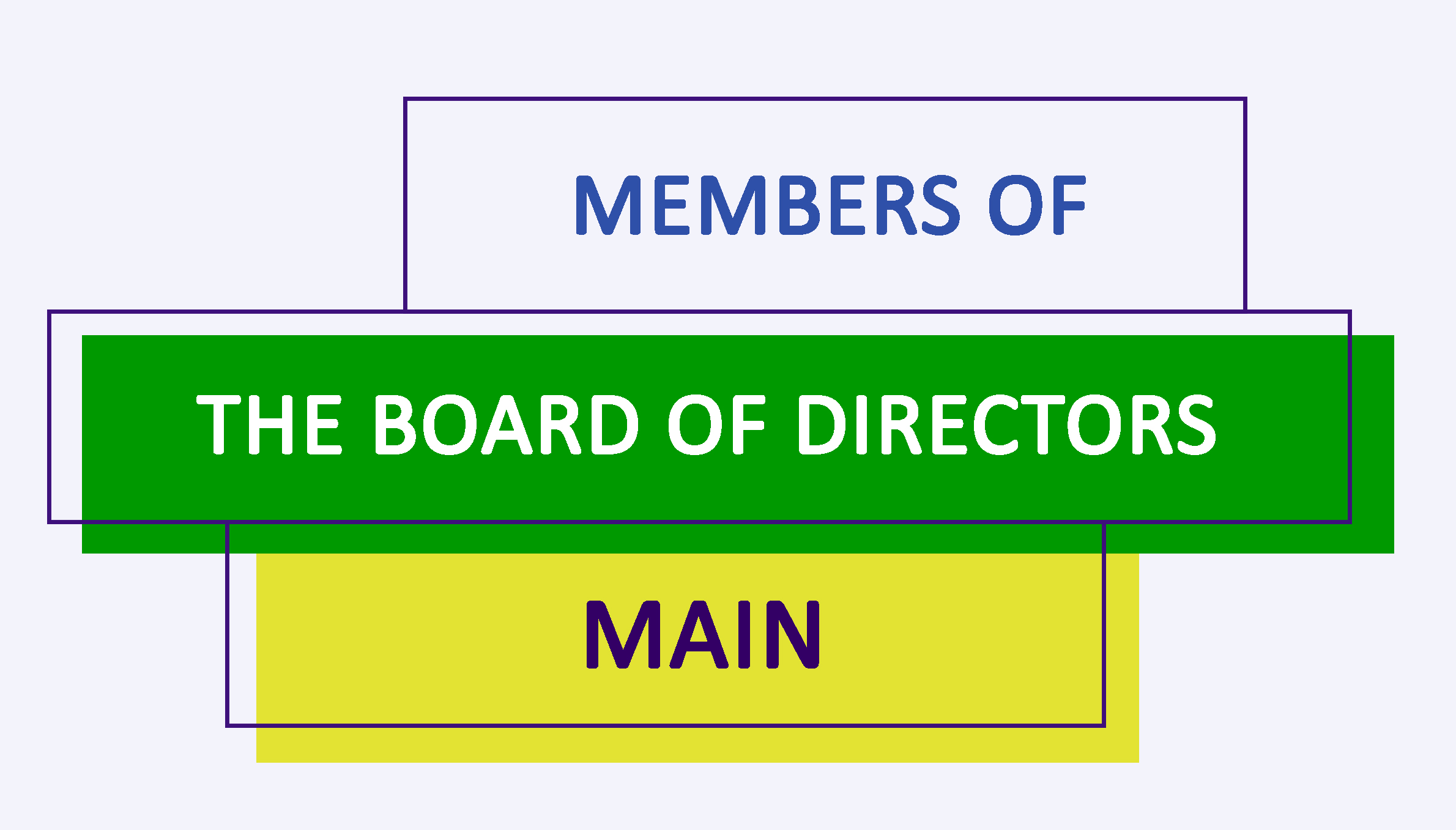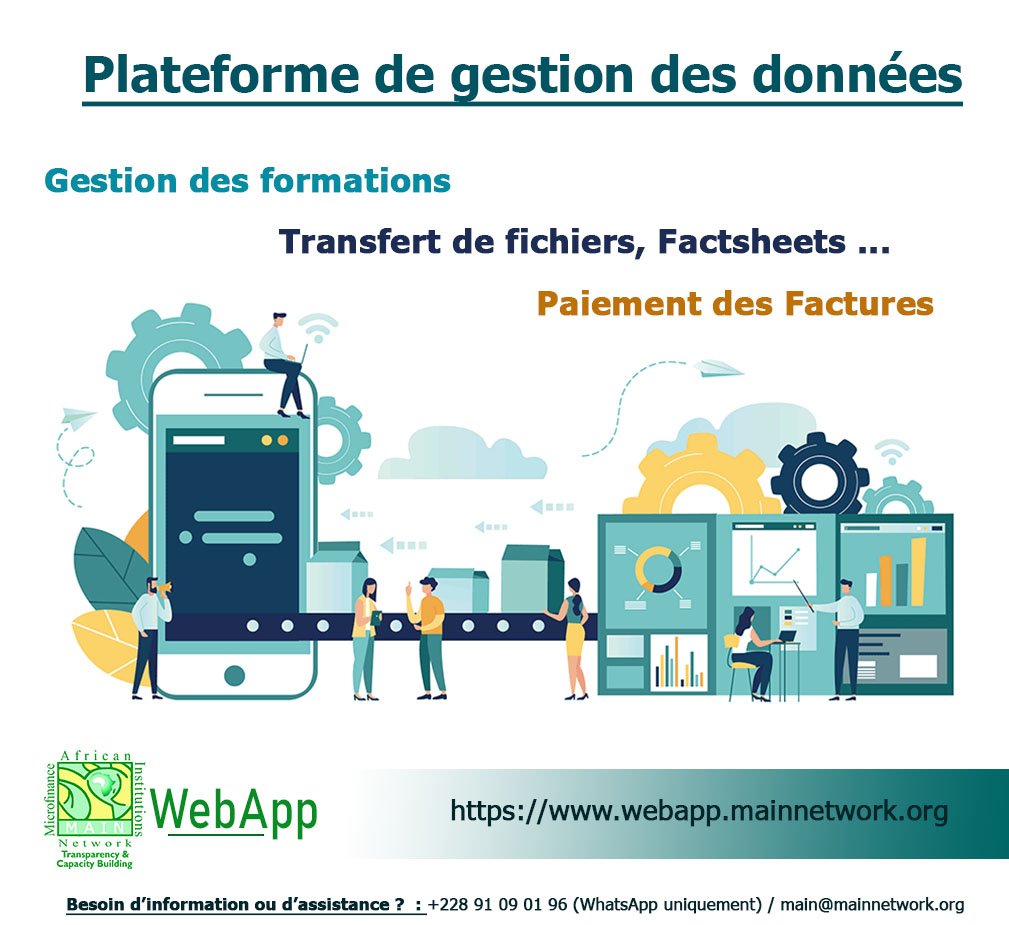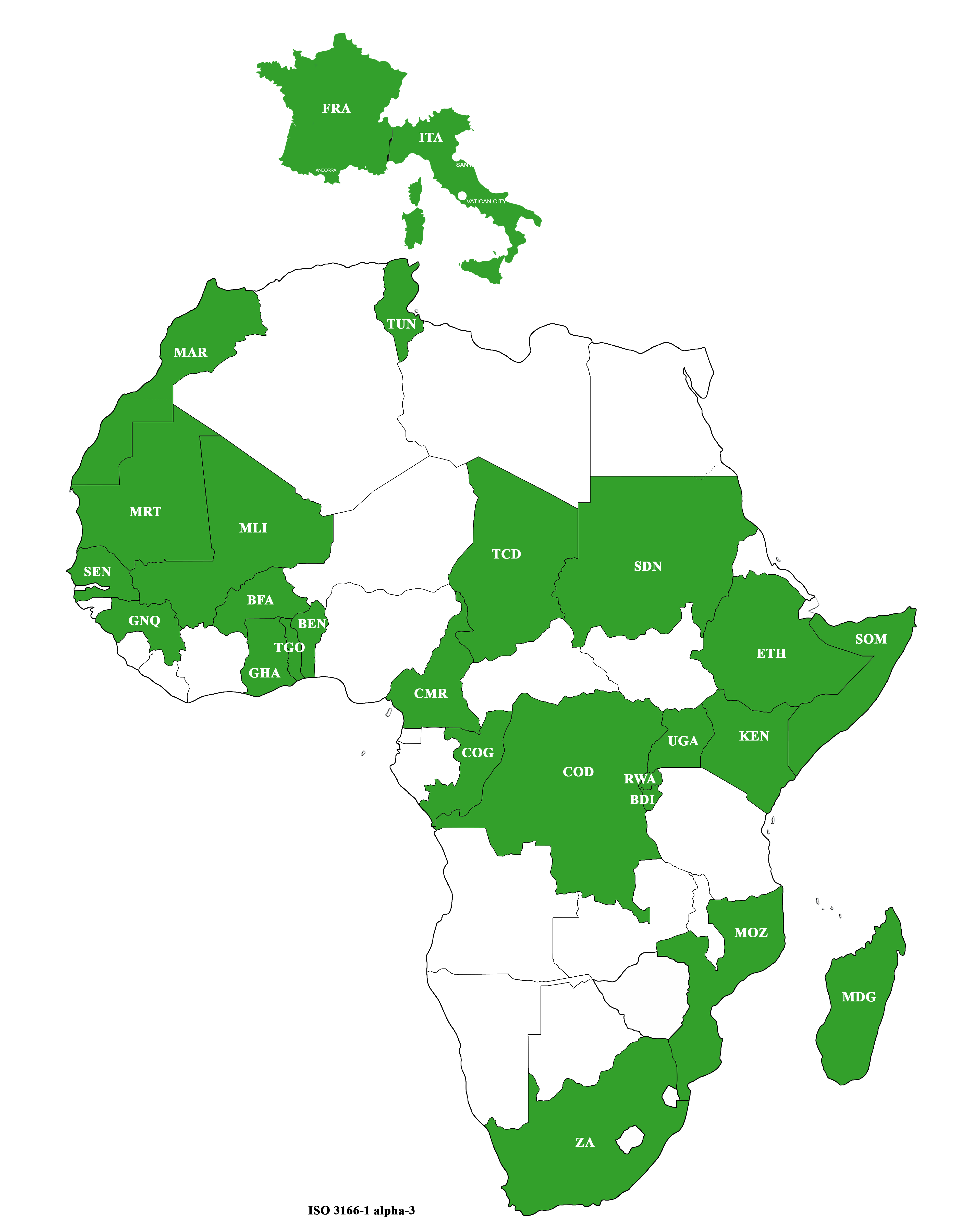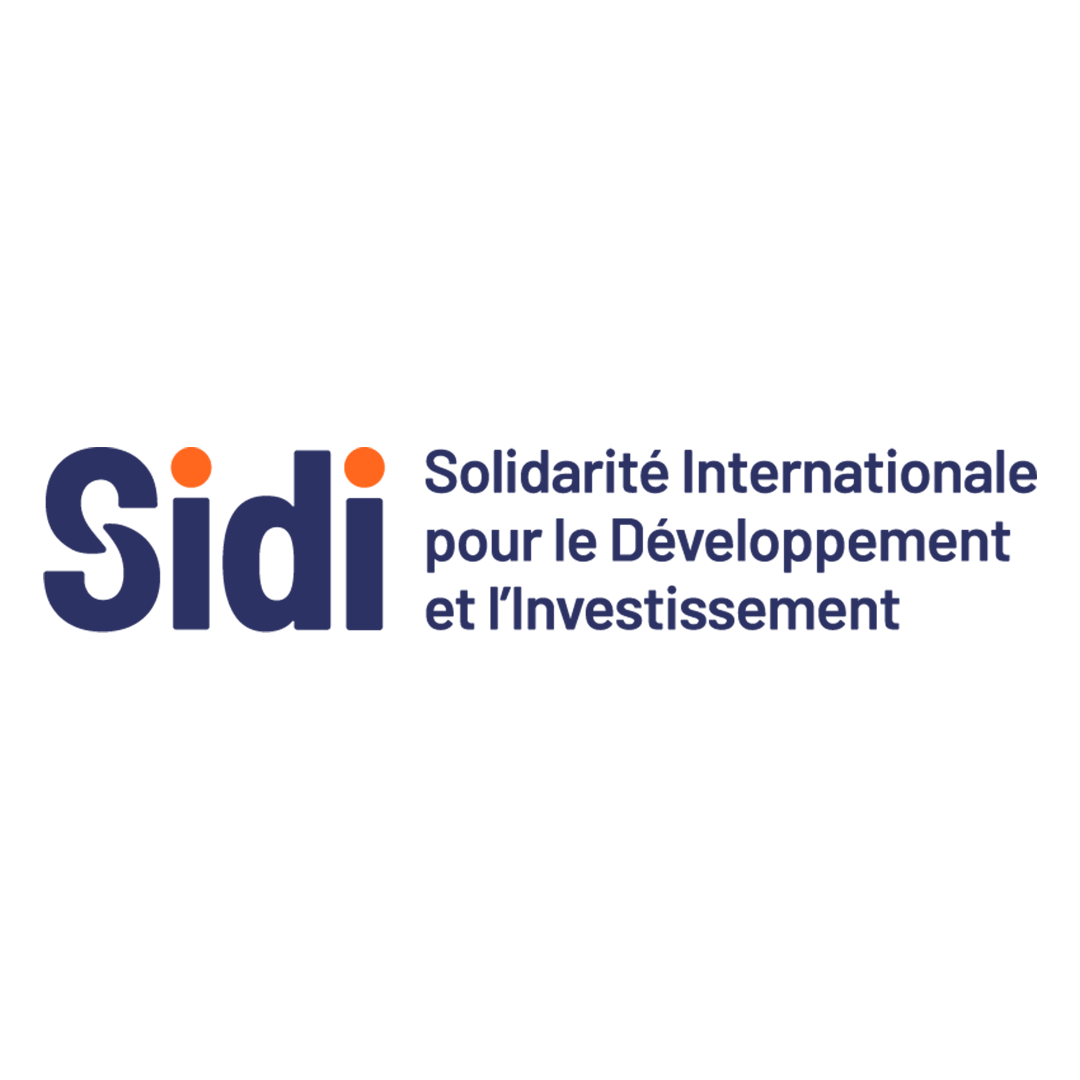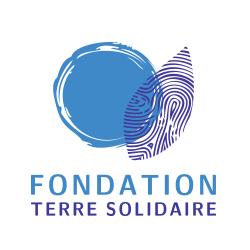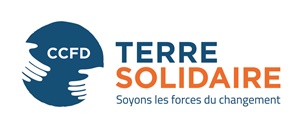AFRICA CELEBRATES MICROFINANCE IN TOGO
The African Microfinance Week is a major event dedicated to the development of financial inclusion in Africa and which takes place every two years in an African country. It is organized by ADA (Appui au Développement Autonome), MAIN and the host country of the event with the support of the Luxembourg government. After the first edition in Arusha in 2013, the second edition in 2015 in Dakar, the third edition in 2017 in Addis Ababa, the fourth edition in 2019 in Ouagadougou and the fifth edition in 2021 in Kigali, the sixth edition will take place from October 16 – 20, 2023 in Lomé, Togo. This year’s theme is “towards sustainable inclusive finance”.
This year’s conference aims to provide a platform for sharing knowledge and ideas on how Financial Service Providers (FSPs) can help fight climate change and promote sustainable development through their product and services. In addition, the conference should also encourage Microfinance Institutions (MFIs) and other FSPs to adopt environmentally friendly practices. The conference is structured around plenary sessions, parallel sessions, an investor fair, an innovators’ village, training and workshops, the organization of general assemblies, etc.
Conference attendees can expect to gain insight into the latest trends and innovations in green financial inclusion, as well as the role of technology in promoting it. The conference should be interactive, allowing participants to share their experiences and ideas on how to promote green and inclusive finance.
We look forward to seeing you at this major meeting of financial inclusion players. You can register using the discount codes that you can get from the MAIN secretariat.
GUIDE TO FINANCIAL CONSUMER PROTECTION IN THE DIGITAL ERA
Financial services are evolving rapidly, with a growing array of new technologies, unconventional providers and innovative combinations of financial and non-financial services. While this evolution can help enhance financial inclusion for women, low-income and vulnerable consumers, it also brings greater risks.
There is evidence that digital finance consumer risks, such as data misuse and fraud have increased in several markets over the last few years. Crises such as the COVID-19 pandemic exacerbate these risks, as vulnerable groups are more fragile due to economic hardship.
Consumer protection is considered a basic regulatory enabler for digital financial inclusion. By better protecting consumers, this may also enhance their trust and increase their usage of formal financial services. Several emerging markets have taken important steps on consumer protection, including in digital financial services. Financial regulators and supervisors have adopted consumer protection regulatory and supervisory measures, and some global and national industry associations have developed codes of conduct.
But the growing and evolving nature of consumer risks in digital finance demands more effective, and holistic consumer protection actions. Several industry players have already begun developing various solutions that can help address financial consumer risks, with CGAP paving the way towards a responsible digital finance ecosystem approach. This approach requires all ecosystem actors to play key roles in securing a responsible financial system by putting the customer at the center and collaborating in ways that protect and ensure positive outcomes for digital finance users.
This FinDev Guide consists of a selection of resources that offer insights on good practices, solutions and tools that regulators, supervisors and providers can adopt to ensure that consumers achieve positive outcomes in their financial journey.
https://www.findevgateway.org/guide/2023/07/guide-to-financial-consumer-protection-in-digital-era
MAINTAINING MOMENTUM OF FINANCIAL INCLUSION THROUGH DIGITAL ADOPTION IN THE WEST AFRICAN ECONOMIC AND MONETARY UNION (WAEMU)
West African Economic and Monetary Union (WAEMU) countries have seen increased financial account ownership since 2014, with mobile money accounts driving adoption and usage.
On average, 41% of adults in the WAEMU have an account with a bank or similar institution or with a mobile money service. Senegal has the highest account ownership rate at 56%, but it still falls 15 percentage points below the developing economy average. However, there is room for growth in financial inclusion, and the Global Findex data suggests opportunities to accelerate ownership and usage through digital financial enablement.
Nearly 75% of account owners in WAEMU own a mobile money account.
In 2014, WAEMU countries had low account ownership rates, except for Côte d’Ivoire. Banks and similar institutions held most of these accounts. However, between 2014 and 2021, mobile money accounts boosted account ownership rates across most countries.
